Confined to their homes and yards due to restrictions in place caused by the COVID-19 pandemic, New Zealanders joined with their Australian cousins this morning to mark the 2020 Anzac Day.
The Collings family, from Masterton, New Zealand, made remembrance lights from three-litre plastic milk containers.
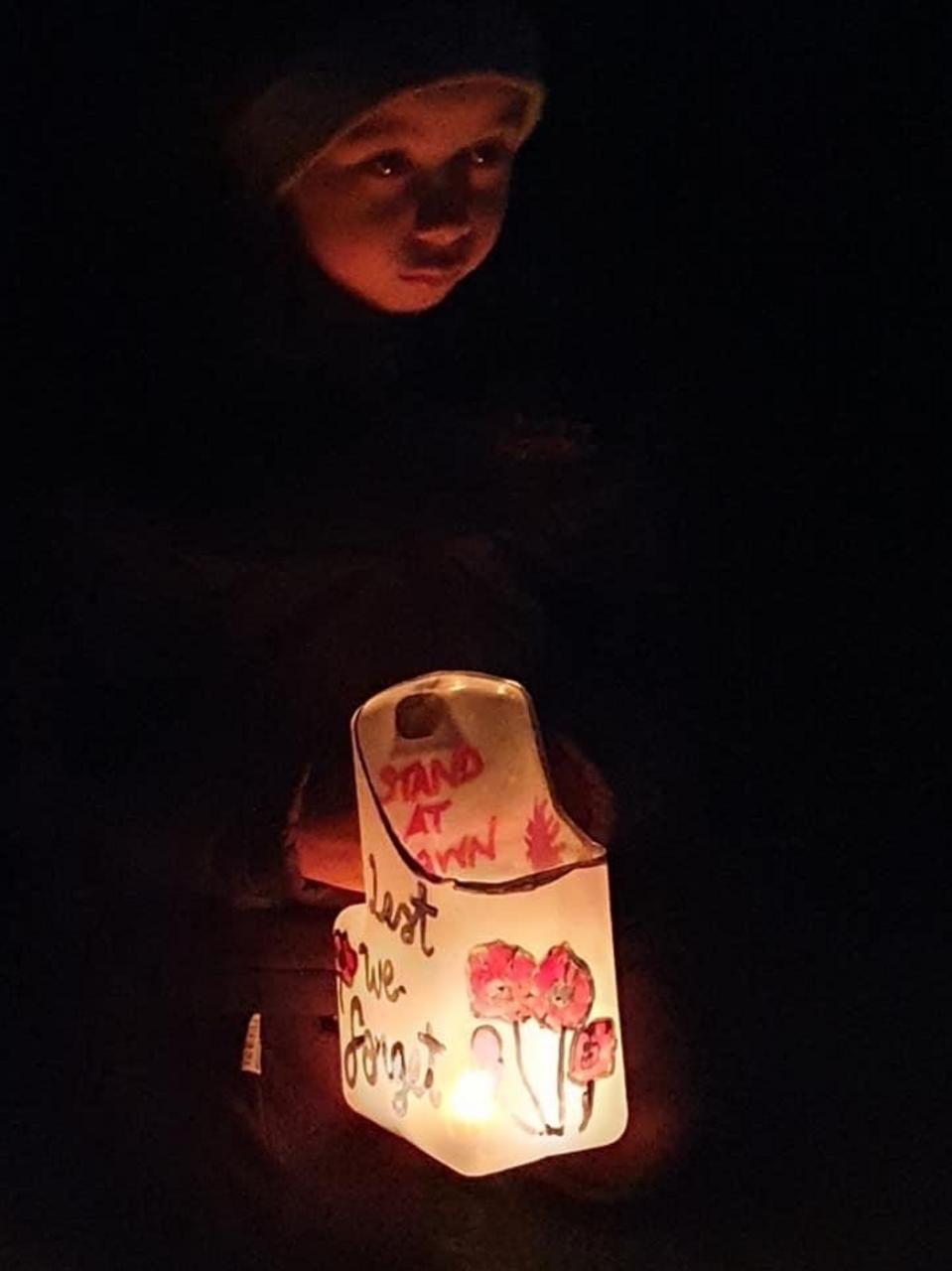
The Collings family in Masterton made remembrance lights from 3 litre plastic milk bottle containers.
A young member of the Collings family from Masterton New Zealand. Anzac Day 2020.© 2020 by Intellectual Reserve, Inc. All rights reserved.
Anzac Day 2020.
Anzac Day 2020.© 2020 by Intellectual Reserve, Inc. All rights reserved.Martha Gilbert, from Lower Hutt, New Zealand, crocheted poppies for her family. The family enjoyed an Anzac breakfast following the dawn service with everyone wearing their poppies.
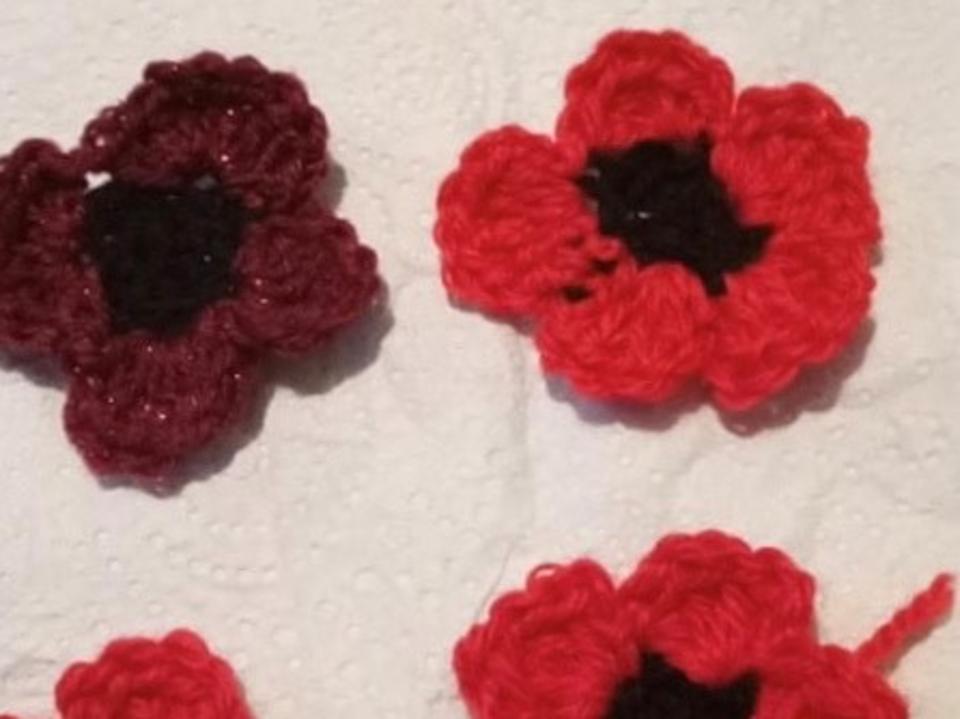
Martha Gilbert from Lower Hutt crocheted poppies for her bubble. Anzac breakfast following the dawn service family wearing their poppies.
Crocheted poppies. © 2020 by Intellectual Reserve, Inc. All rights reserved.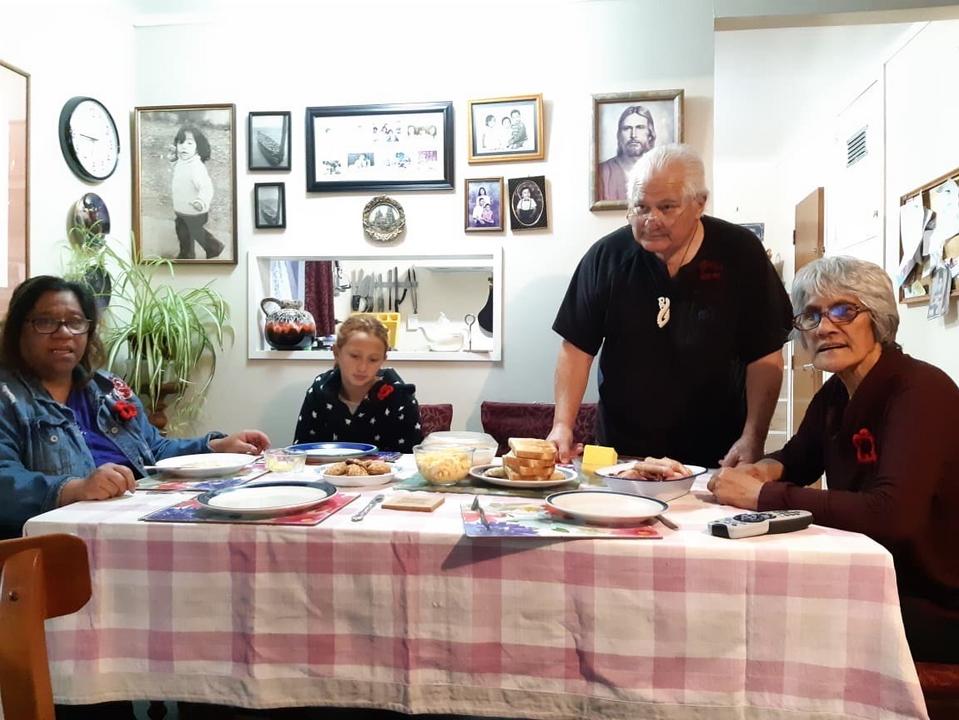
Gilbert Family.
Gilbert family.© 2020 by Intellectual Reserve, Inc. All rights reserved.Government website, New Zealand History, explains that "the red poppy has become a symbol of war remembrance the world over. People in many countries wear the poppy to remember those who died in war or who still serve in the armed forces. In many countries, the poppy is worn around Armistice Day (11 November), but in New Zealand it is most commonly seen around Anzac Day, 25 April."
Nita Hippolite from Nelson decorated her letterbox in remembrance.
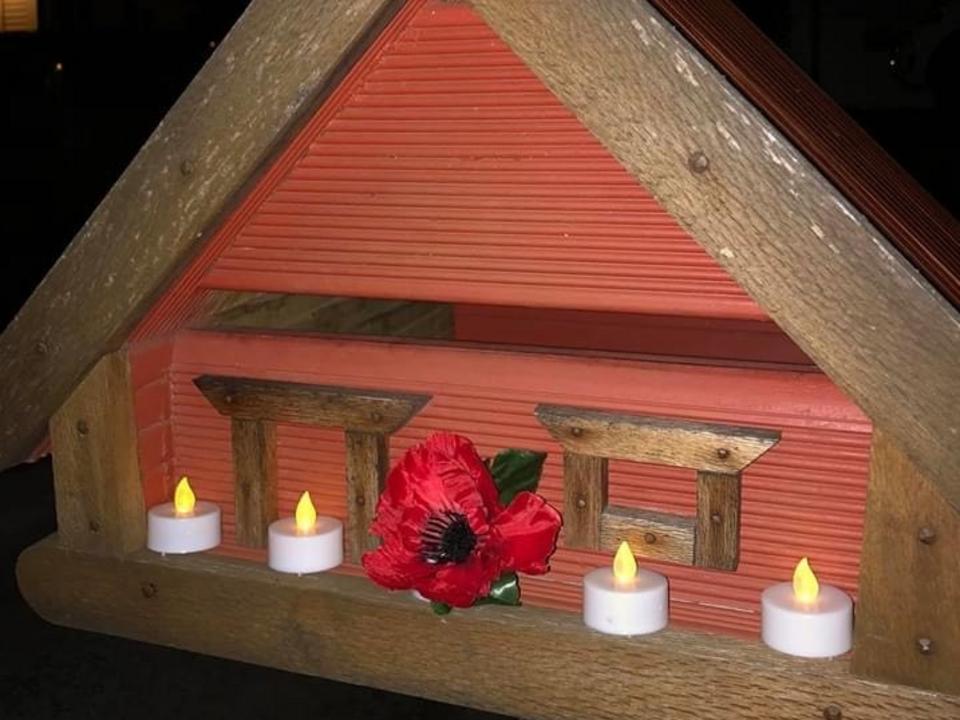
Nita Hippolite's letterbox.
Nita Hippolite's letterbox.© 2020 by Intellectual Reserve, Inc. All rights reserved.
The Scirkovich whanau (family) from Temple View, Hamilton created a remembrance chalk drawing.
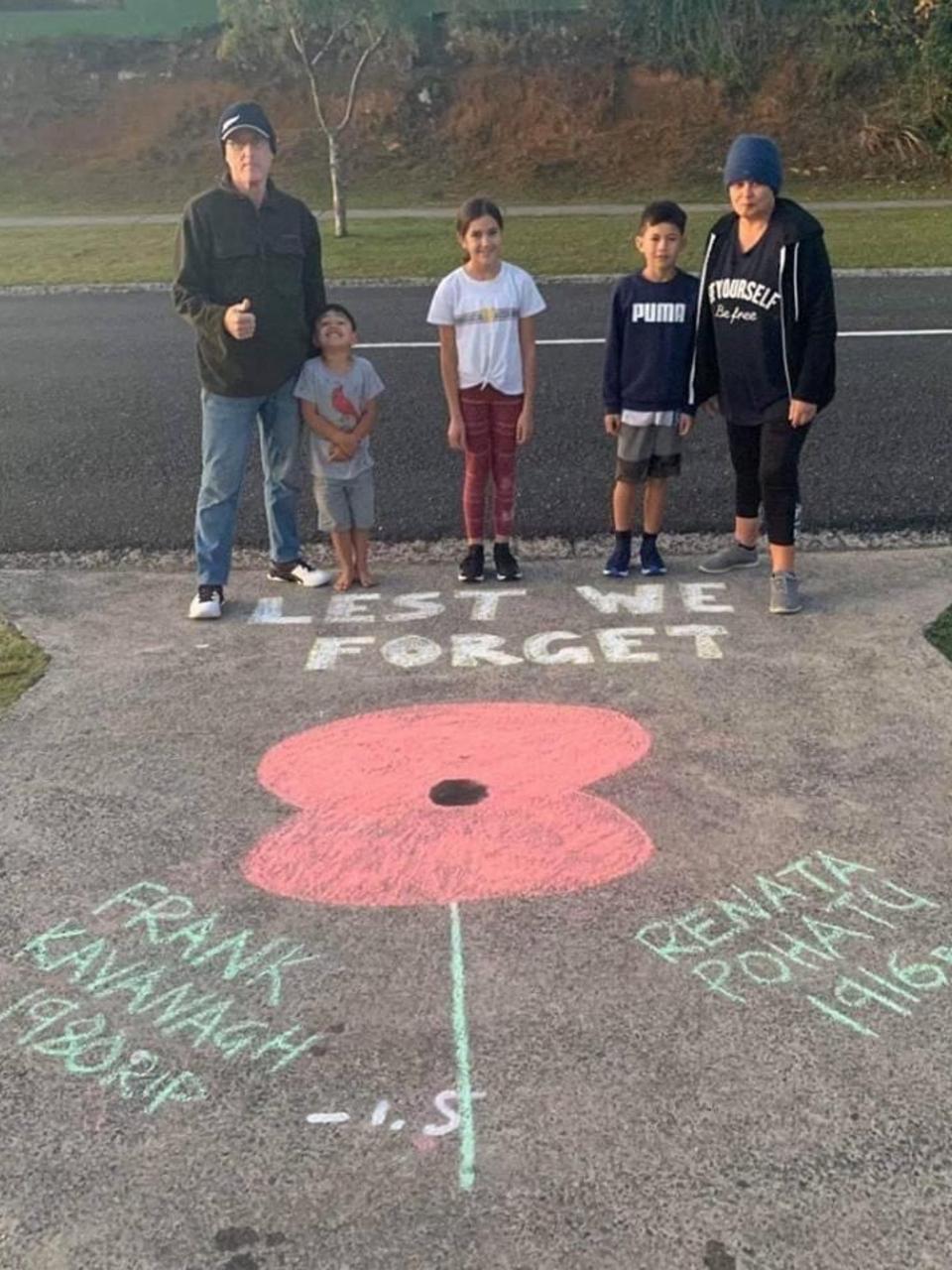
The Scirkovich family.
The Scirkovich family.© 2020 by Intellectual Reserve, Inc. All rights reserved.Eve and Esther Roberts from Paraparaumu made poppies from shopping bags for their family and neighbours.
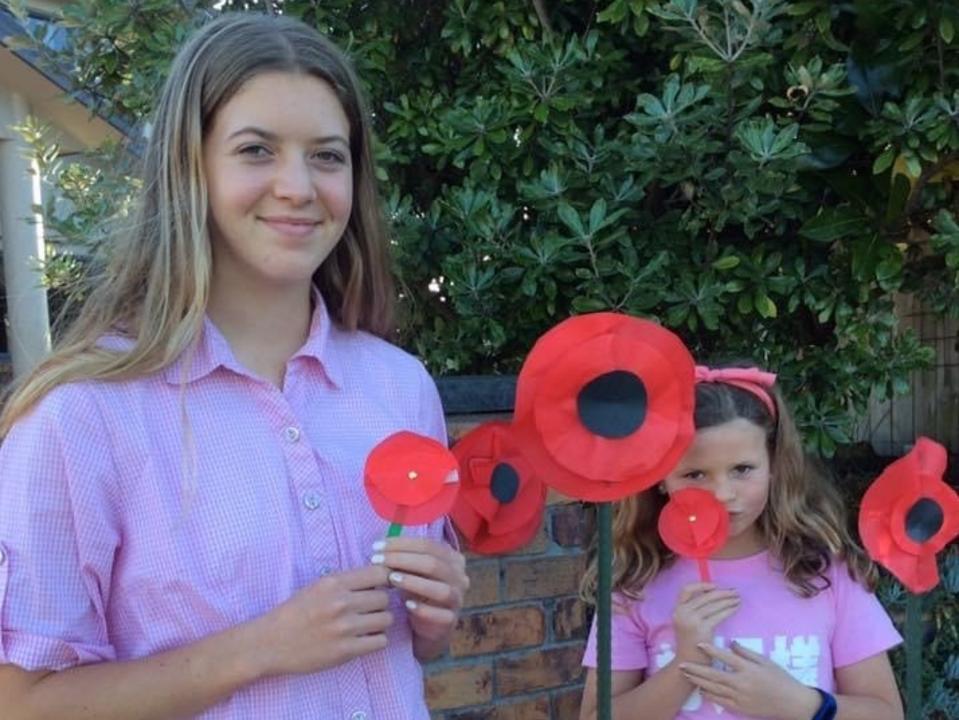
Eve and Esther Roberts from Paraparaumu made poppies from shopping bags for their family and neighbours.
Eve and Esther Roberts from Paraparaumu.© 2020 by Intellectual Reserve, Inc. All rights reserved.An article titled "Citizenship," on Church Newsroom, states:
The Church of Jesus Christ of Latter-day Saints urges its members to be good citizens in the countries where they live. Its twelfth article of faith states: “We believe in being subject to kings, presidents, rulers, and magistrates, in obeying, honoring, and sustaining the law.”
Latter-day Saints also believe that “no government can exist in peace, except such laws are framed and held inviolate as will secure to each individual the free exercise of conscience.”
Citizenship works best as a partnership where people and governments cooperate to secure the common good.
To be a good citizen also means to contribute to the wellbeing of our communities. In general, Latter-day Saints see themselves as part of a larger society and strive to make it better. Many of them volunteer in the institutions of civil society such as charities, schools, associations and clubs. They often serve the needy in shelters, soup kitchens and hospitals. They aim to study the issues and vote for honest candidates.
Citizenship, therefore, is an active participation in society that calls for engagement, not isolation. The root word civ fills our political language. Civilization, civic, civility, civilian, civil rights — they all point to how we treat one another in building a common enterprise. It’s a matter of culture more than law, duty more than demand.
Newsroom contributor: Tania Torea.